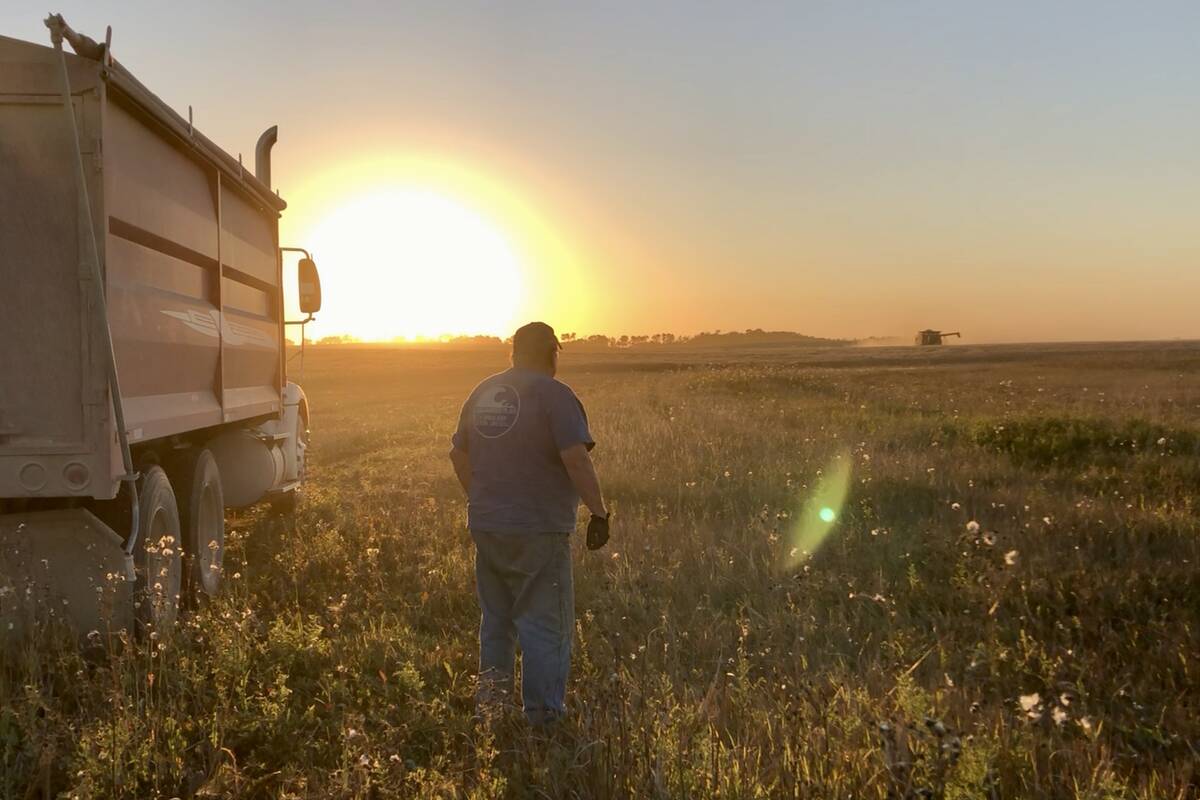Canada’s dairy farmers and processors would not comment last week on reports of a spat brewing over cheese allocations under the incoming trade agreement with the European Union.
Most measures under the Comprehensive Economic and Trade Agreement are expected to take effect July 1. The agreement will allow an additional 16,000 tonnes of high-quality cheese and 1,700 tonnes of industrial cheese to enter Canada from the EU under tariff rate quotas.
Another 800 tonnes will be available through the technical adjustment of an existing TRQ.
However, media reported last week that 60 percent of the TRQs would be allocated to Canadian dairy producers and importers, leaving Europeans concerned that they wouldn’t fill the quota to prevent imported cheese from competing against domestic product.
Read Also

VIDEO: Bittersweet harvest for this family farmhand
Bruce Burnett helps his brother harvest wheat and canola for the last time on the family farm in Manitoba where they both grew up.
Jacques Lefebvre, chief executive officer of the Dairy Processors Association of Canada, said processors would reserve comment until the government announces the quota allocations.
“That said, 100 percent of the existing quota is being filled by Canadian importers,” he said.
“If this is a concern that reflects the EU views, it is unfounded.”
Dairy Farmers of Canada spokesperson Isabelle Bouchard said it had nothing to say about the report.
“We are waiting for the government to announce the TRQ allocation for CETA,” she said.
That falls to International Trade Minister Francois-Phillippe Champagne. Consultations on the TRQs, including those for exporters, were held a year ago but no announcement has yet been made.
The Canadian industry is also waiting for information about how the government will help it adjust to the new market conditions.
Last fall, Agriculture Minister Lawrence MacAulay announced $250 million for farmers to update equipment and $100 million to help processors modernize and diversify. There is nothing available to compensate producers for lost revenue, which DFC has pegged at $116 million a year.

















